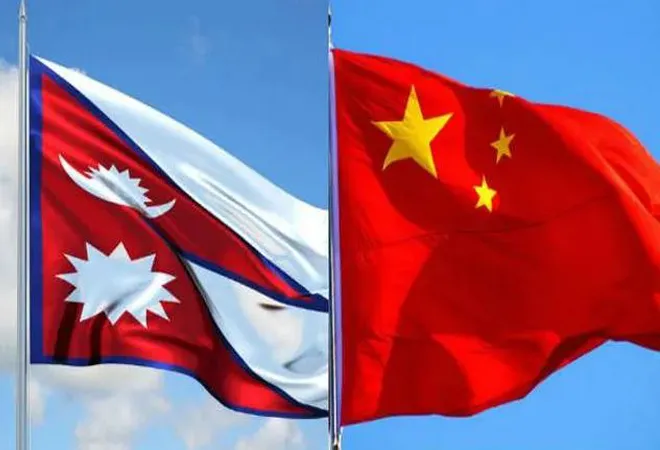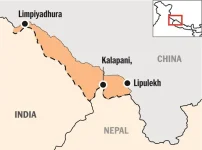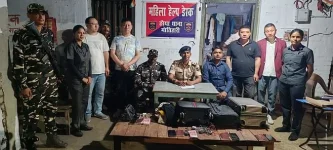
KATHMANDU, Nepal – Nepal has delayed the signing of China's Belt and Road Initiative (BRI) implementation plan, despite prior agreements and high-level diplomatic talks. This development comes amid growing concerns over the project's financial terms and potential geopolitical implications.
Nepal's Prime Minister Pushpa Kamal Dahal, addressing parliament, emphasized the country's preference for grants over high-interest loans, stating, "Our first priority is grants, not loans. If we do need to take loans, we will not pay an interest rate higher than what we are paying to the World Bank and Asian Development Bank." This reflects Nepal's cautious approach towards the BRI and its determination to avoid unsustainable debt burdens.
The delay also reflects internal political divisions within Nepal's ruling coalition government and opposition parties demanding greater transparency and parliamentary scrutiny before any agreement is signed. Concerns about environmental impact, land acquisition, and the involvement of local communities have further fueled the debate.
China, while expressing its commitment to the BRI in Nepal, has yet to meet Nepal's demands for more favorable financial terms. This stalemate raises questions about the future of the BRI in Nepal and the overall trajectory of Nepal-China relations.
India, a close neighbor and regional power, is also watching the developments closely. India has long been wary of the BRI's expansion into its neighborhood, viewing some projects as encroaching on disputed territories.
The delay in the BRI implementation plan signing marks a significant turning point in Nepal's engagement with the ambitious Chinese initiative. As the country navigates a complex geopolitical landscape, its decisions will have far-reaching implications for its relationship with both China and India.


